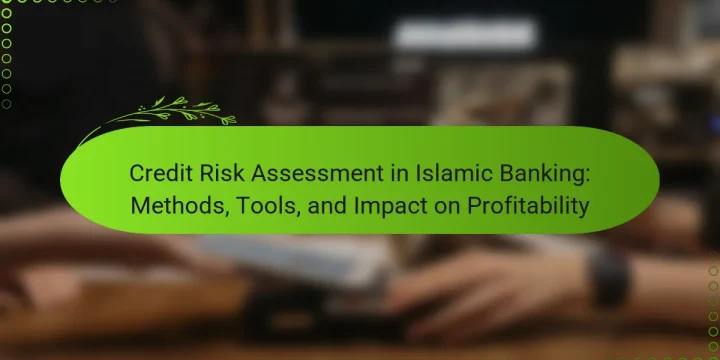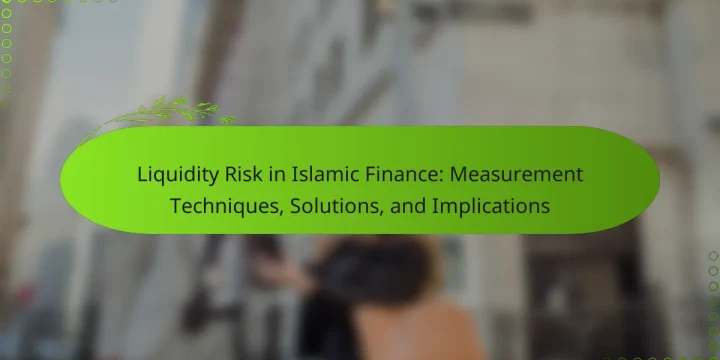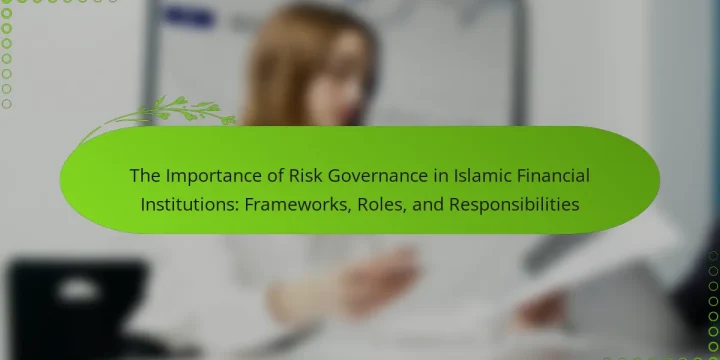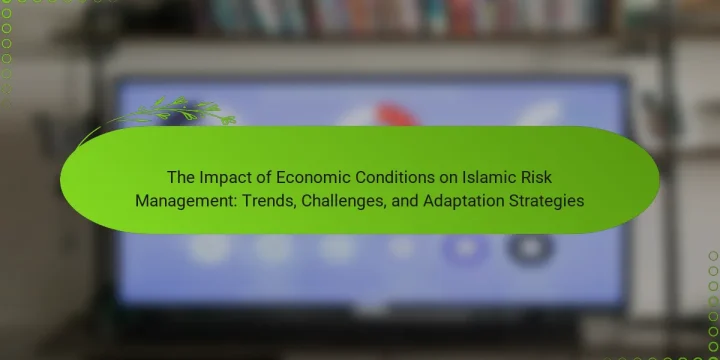
What is the Future of Risk Management in Islamic Finance? The future of risk management in Islamic finance will focus on integrating advanced technologies and innovative practices. This evolution is driven by the need for compliance with Shariah law while managing financial risks effectively. Emerging technologies such as blockchain and artificial intelligence are expected to play a significant role. These tools can enhance transparency and improve risk assessment processes. Additionally, there is a growing emphasis on developing risk management frameworks that align with Islamic principles. This alignment ensures that financial products remain ethical and socially responsible. The global Islamic finance market is projected to grow significantly, increasing the demand for sophisticated risk management solutions. According to a report by the Islamic Financial Services Board, the Islamic finance industry is expected…




